David Cameron sets out new anti-terror laws
Tories and Lib Dems had been at odds on on new powers to seize passports of returning jihadist fighters
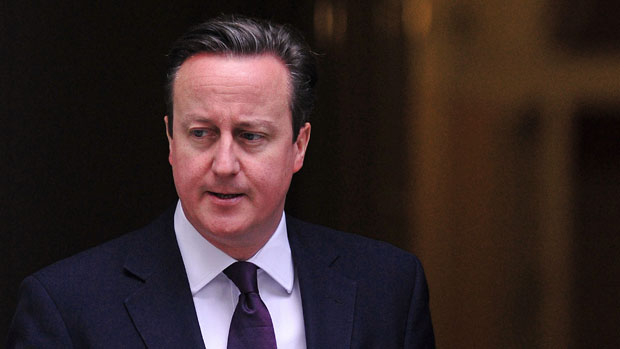
A free daily email with the biggest news stories of the day – and the best features from TheWeek.com
You are now subscribed
Your newsletter sign-up was successful
Police will get new powers to confiscate the passports of British jihadists fighting in Syria and prevent them from returning to the UK, David Cameron has told MPs.
He said that British citizens who had declared their allegiance to Islamic State would not be allowed to return home, the BBC reports.
The Conservatives and their Lib Dem coalition partners had been locked in talks over the new anti-terror laws, with the two parties at odds over how best to tackle the threat. The terror alert level was raised from "substantial" to "severe" on Friday.
The Week
Escape your echo chamber. Get the facts behind the news, plus analysis from multiple perspectives.

Sign up for The Week's Free Newsletters
From our morning news briefing to a weekly Good News Newsletter, get the best of The Week delivered directly to your inbox.
From our morning news briefing to a weekly Good News Newsletter, get the best of The Week delivered directly to your inbox.
The Lib Dems have questioned the legality of travel bans preventing British citizens re-entering the country, suggesting that the proposed measures might be a violation of civil rights.
Former Lib Dem party leader Sir Menzies Campbell said rendering citizens stateless by withdrawing their passports is illegal under international law.
The Lib Dems said that they would only agree to measures that had been adopted "calmly, on the basis of evidence and that maintained the liberty of British citizens," the BBC reports.
Campbell told The World This Weekend on BBC Radio 4 that unless the prime minister is careful, new anti-terror legislation may turn out to be illegal: "To render citizens stateless is regarded as illegal in international law. To render them stateless temporarily, which seems to me to be the purpose of what has been proposed, can also be described as illegal. At the very least it is the kind of question that would be tested here in our own courts and perhaps also in the European court of human rights."
A free daily email with the biggest news stories of the day – and the best features from TheWeek.com
Nick Clegg and David Cameron were keen to underline that their continued discussions over the legislation do not constitute a row because "they both respect each other's record in speaking up on civil rights," The Guardian says.
Both party leaders agree that Britain needs to find ways to address the potential threats posed by the estimated 500 British citizens who have travelled to Syria and Iraq to fight for the Islamic State.
The discussions come after a stark warning from the king of Saudi Arabia, who said that an attack against Europe by terror groups could happen in the next month unless they were confronted with "power and speed".
-
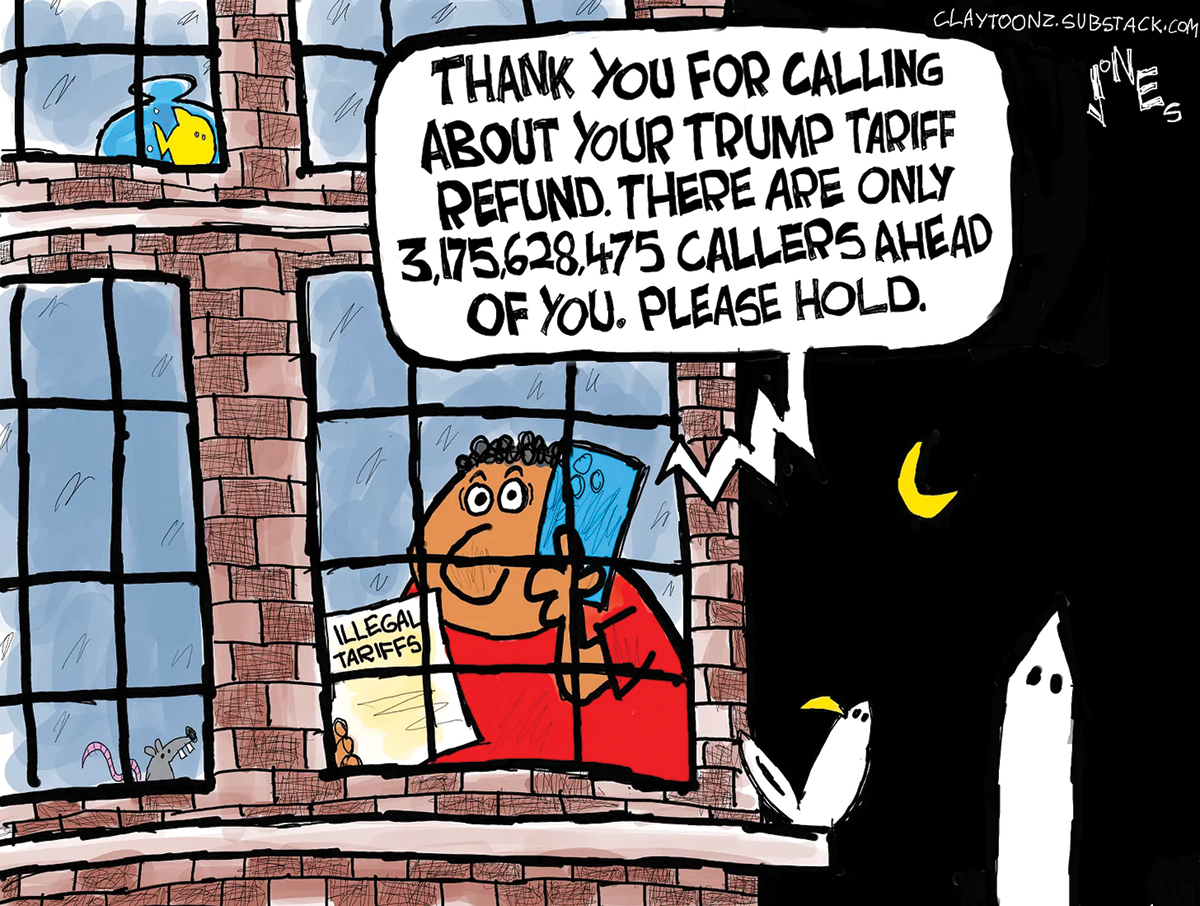 Political cartoons for February 23
Political cartoons for February 23Cartoons Monday’s political cartoons include tariff refunds, Epstein Island visits, and more
-
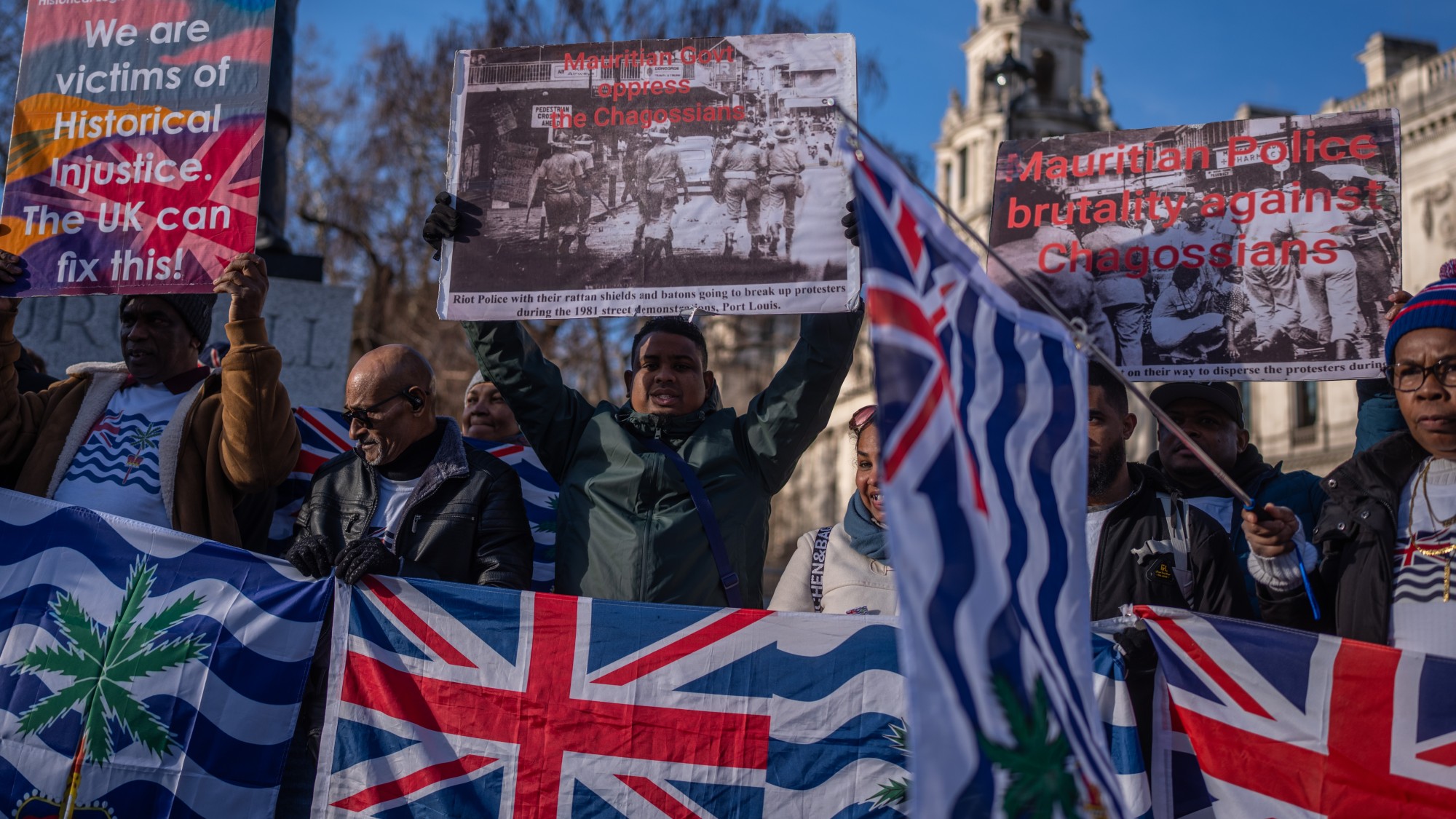 Can Keir Starmer save the Chagos deal?
Can Keir Starmer save the Chagos deal?Today's Big Question Opponents confident they can scupper controversial agreement as PM faces a race against time to get it over the line
-
 China and the rise of the humanoid robots
China and the rise of the humanoid robotsThe Explainer The country’s ‘bustling’ robotics industry is dominating the global market, though experts are split on how concerned we should be
-
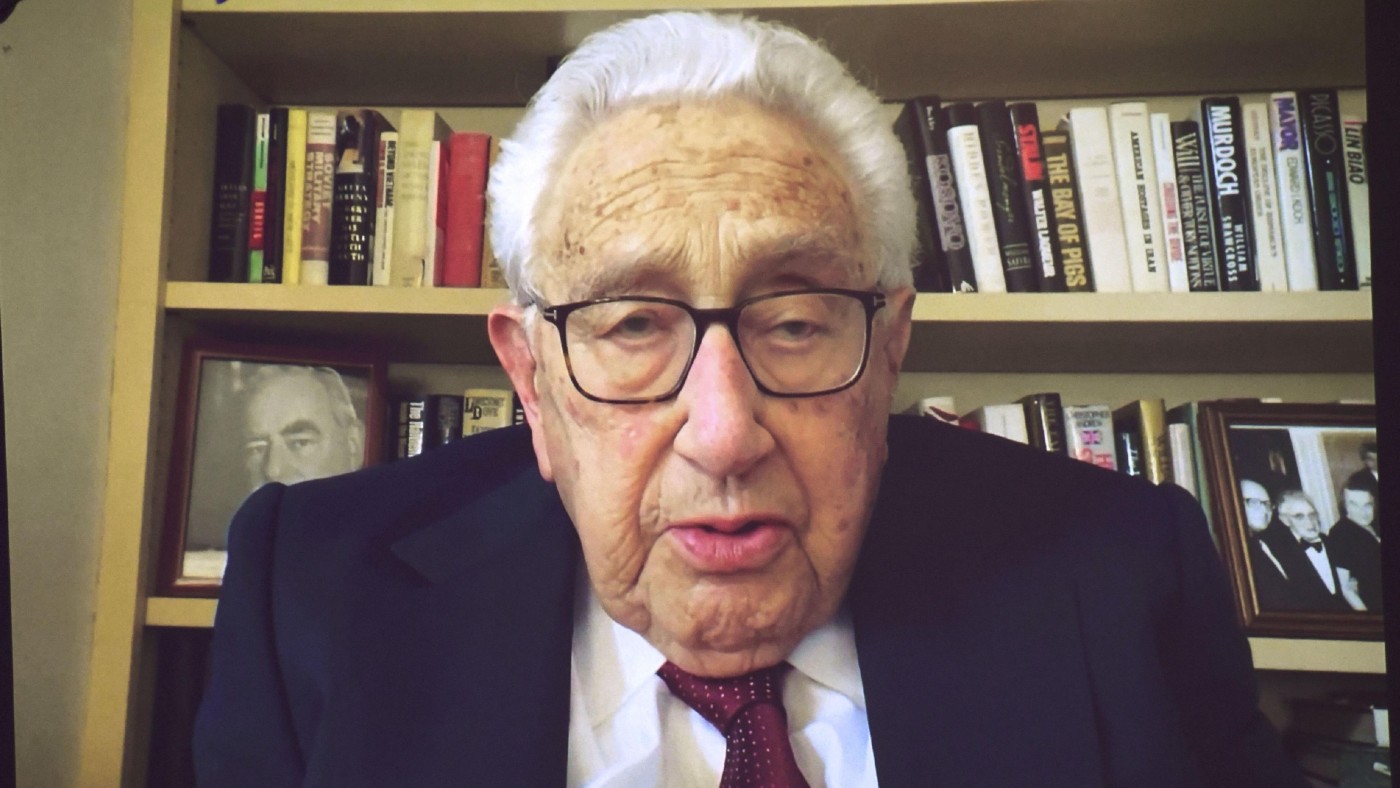 Is Henry Kissinger right about Ukraine?
Is Henry Kissinger right about Ukraine?Speed Read The US statesman made a controversial speech at a virtual Davos appearance last week
-
 Volodymyr Zelenskyy refused evacuation as Russian hitmen ‘parachuted’ into Kyiv
Volodymyr Zelenskyy refused evacuation as Russian hitmen ‘parachuted’ into KyivSpeed Read Ukrainian president turned down opportunity to leave capital despite threat to life, adviser claims
-
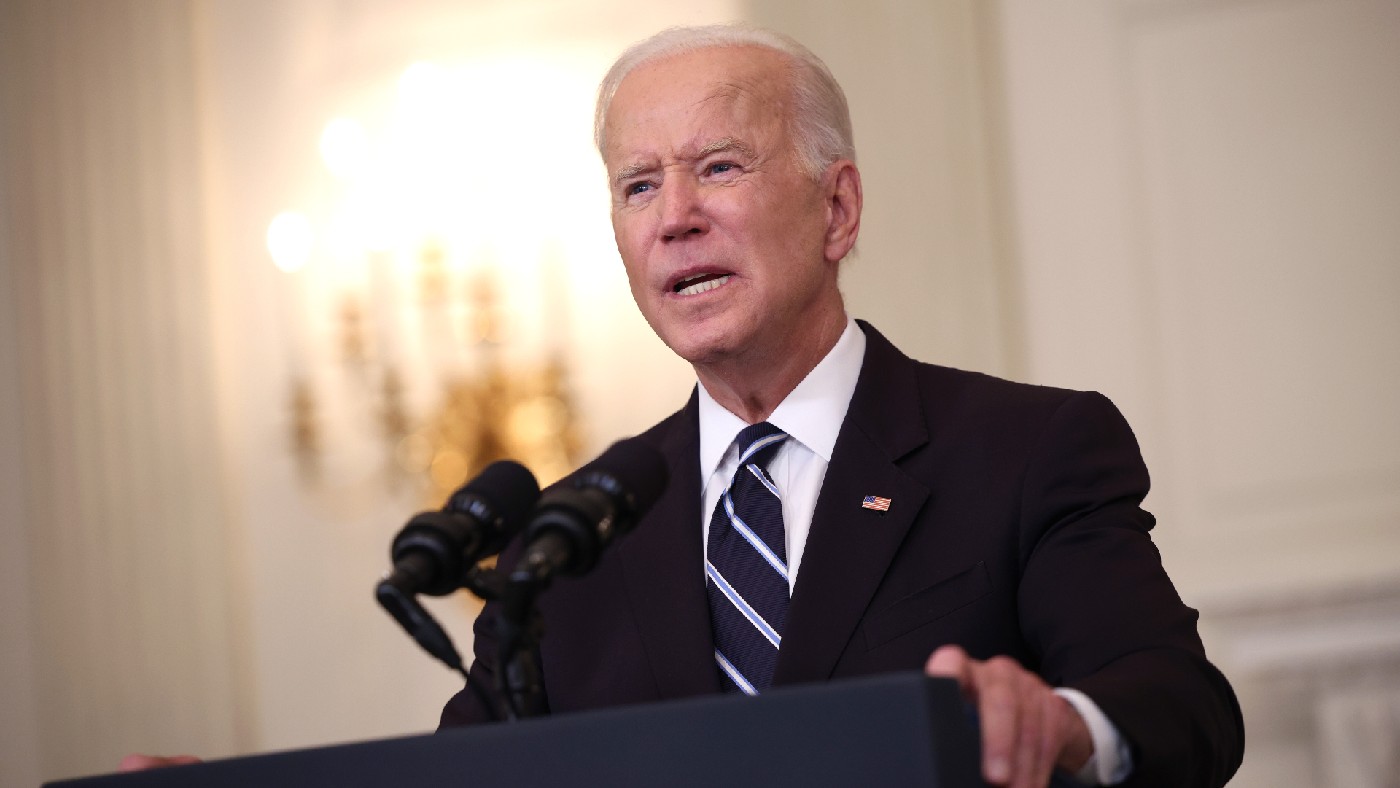 America’s withdrawal from Afghanistan: a retreat into isolationism?
America’s withdrawal from Afghanistan: a retreat into isolationism?Speed Read ‘In his selfish unilateralism’, Biden is no better than Trump, said The Daily Telegraph
-
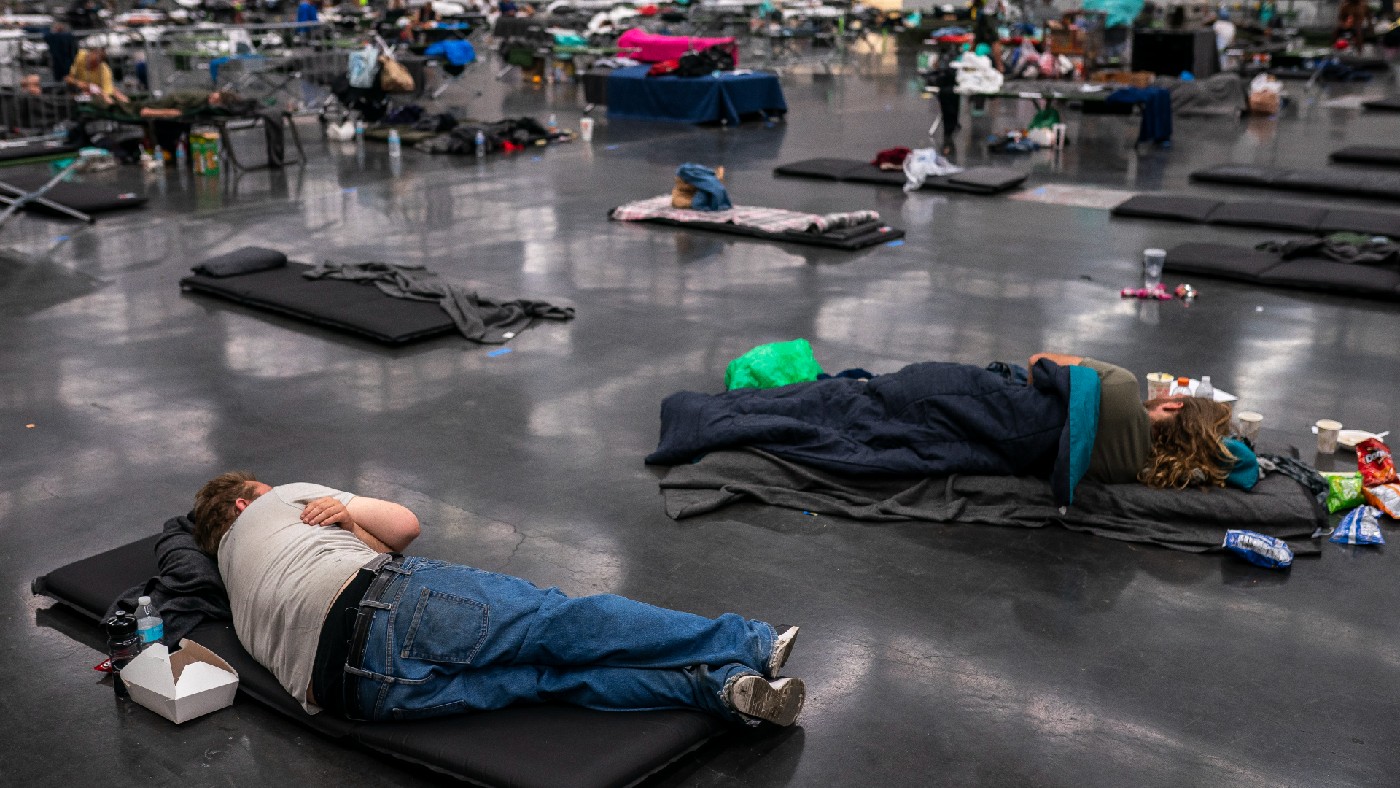 The ‘heat dome’: blistering temperatures in the Pacific Northwest should act as a wake-up call
The ‘heat dome’: blistering temperatures in the Pacific Northwest should act as a wake-up callSpeed Read People are used to hearing of record-high temperatures in desert states such as Nevada or Arizona, but not in verdant Washington and Oregon
-
 Royal Marines ready to ‘disrupt and confuse’ enemies
Royal Marines ready to ‘disrupt and confuse’ enemiesSpeed Read Military chief says operating in area between peace and war could prevent all-out conflict
-
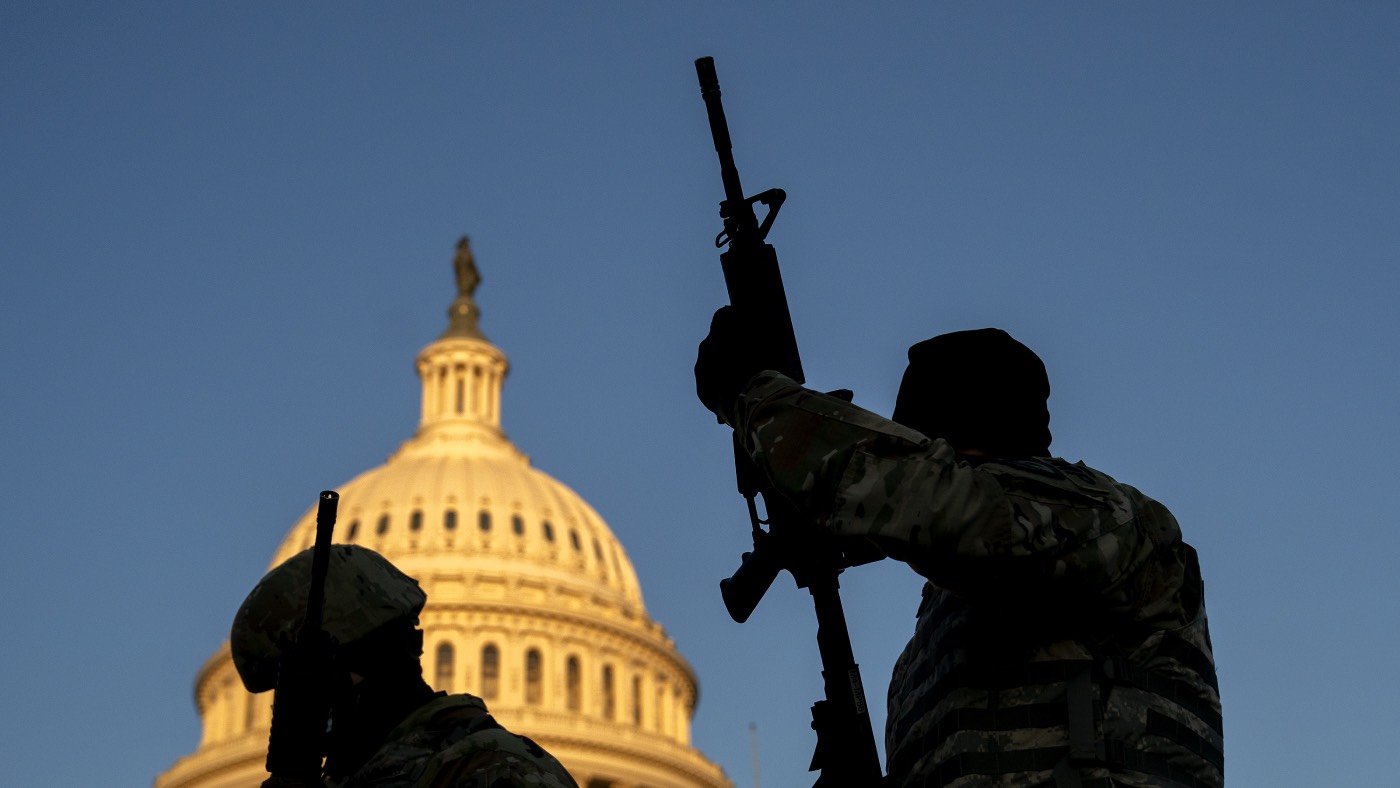 US Secret Service screening inauguration troops for riot sympathisers
US Secret Service screening inauguration troops for riot sympathisersSpeed Read National Guard members under investigation as mob member claims GOP lawmakers aided Capitol siege
-
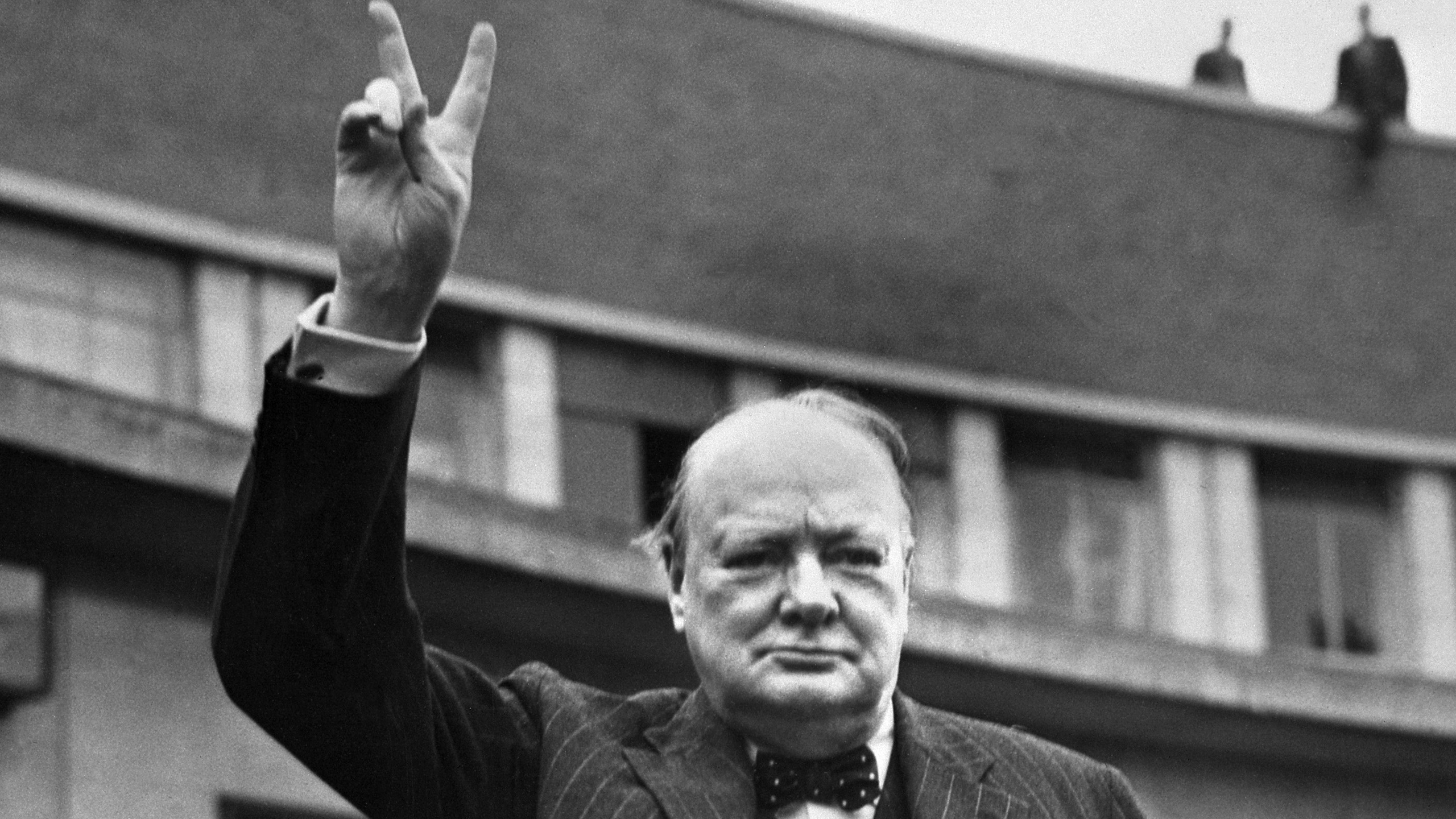 Plea for public to help find secret Second World War bunkers
Plea for public to help find secret Second World War bunkersSpeed Read Hundreds of ‘Scallywag’ underground hideouts lie undiscovered in British countryside
-
 GCHQ unveils annual Christmas card puzzle - can you solve it?
GCHQ unveils annual Christmas card puzzle - can you solve it?Speed Read Spy agency challenges ‘wise men and women’ to take on bauble brainteaser